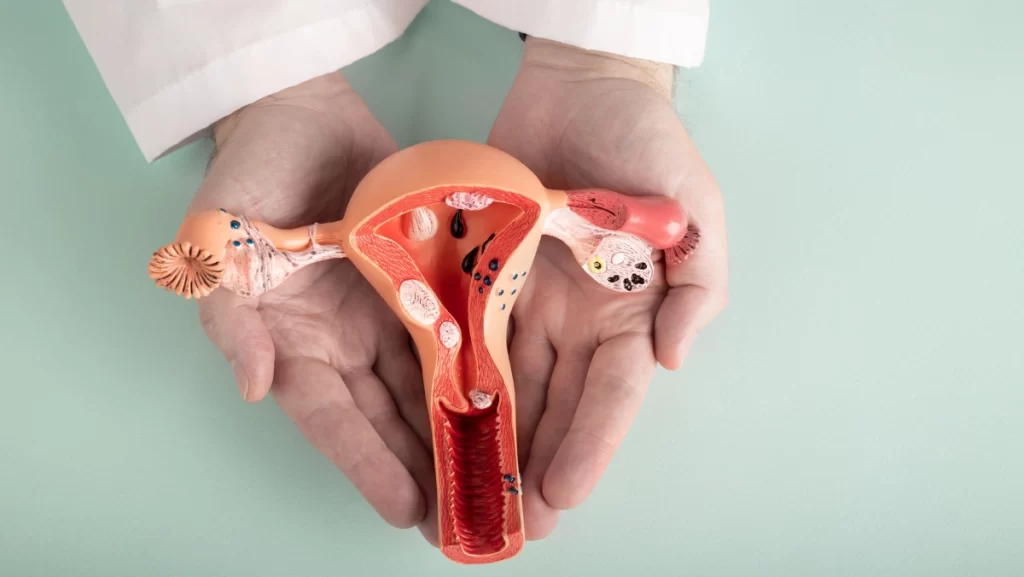Overview
Urogynecology is a subspecialty that deals with the diagnosis and treatment of conditions affecting the pelvic floor. This area of medicine combines expertise from both urology treatment and gynecology, focusing on pelvic organ prolapse, urinary incontinence, and other related issues. Uro Gynecology Treatment In ayapakkam is evaluate, diagnose, and manage these conditions, providing comprehensive care tailored to each patient.
- Importance of Urogynecological Treatment
- Improves quality of life for women.
- Addresses common yet often stigmatized conditions.
- Offers a range of treatment options.
Urogynecological treatment is essential for women experiencing discomfort or dysfunction related to their pelvic organs. It empowers women to regain control over their bodies and enhances their overall well-being.
Types of Pediatric Illnesses and Treatments
Pediatric illnesses can vary from minor ailments to serious conditions. Understanding different types of illnesses helps parents seek timely care. Some common types include:
- Respiratory Infections: Colds, bronchitis, and pneumonia.
- Gastrointestinal Issues: Diarrhea, constipation, and stomach infections.
- Skin Conditions: Eczema, rashes, and allergies.
- Neurological Disorders: Epilepsy, developmental delays.
- Orthopedic Issues: Growth-related problems, fractures.
Paediatrics treatment in Ayapakkam focuses on providing comprehensive care for these illnesses, ensuring children get the right treatment. Advanced facilities for diagnosing and managing pediatric illnesses and treatments help in early detection and recovery. Vaccinations, medications, and therapies are tailored to each child’s needs.
Pediatricians also emphasize preventive care to reduce the risk of diseases. Regular check-ups and screenings offered under paediatrics treatment in Ayapakkam ensure long-term health for children.
Symptoms of Urogynecological Disorders
Recognizing the symptoms of urogynecological disorders is vital for timely treatment. Common symptoms include:
- Urinary Incontinence: Uncontrolled leakage of urine, especially during activities like coughing or sneezing.
- Pelvic Organ Prolapse: A feeling of pressure or bulging in the pelvic area, often accompanied by discomfort.
- Frequent Urination: Needing to urinate more often than usual, sometimes urgently.
- Painful Intercourse: Discomfort or pain during sexual activity.
If you experience any of these symptoms, it’s essential to consult a healthcare provider for proper evaluation and management.
Urogynecological Treatment at Deepa Hospital
Deepa Hospital is a leading facility in Chennai offering comprehensive Uro Gynaecological Treatment In Chennai. Their team of experienced gynecologists specializes in diagnosing and treating various conditions affecting women’s pelvic health.
- State-of-the-Art Facilities: The hospital is equipped with the latest technology and tools for effective diagnosis and treatment.
- Individualized Care: Each treatment plan is tailored to the patient’s specific needs, ensuring the best outcomes.
- Multidisciplinary Approach: Collaboration between gynecologists, urologists, and other specialists ensures holistic care.
Patients can expect a supportive environment, where their concerns are heard and addressed with compassion.
Recovery from Pediatric Illnesses and Treatments
Recovery from pediatric illnesses varies based on the severity and type of condition. Effective recovery involves a combination of medical care and parental support. Key factors include:
- Proper Medication: Ensuring children take prescribed medicines.
- Balanced Nutrition: Promotes healing and boosts immunity.
- Follow-Up Care: Regular visits to monitor progress.
In paediatrics treatment in Ayapakkam, recovery plans are personalized for each child, ensuring a smooth return to health. Supportive therapies like physiotherapy and counseling are offered to aid recovery.
Prompt diagnosis of pediatric illnesses and treatments allows quicker interventions, improving outcomes. Parental awareness, combined with quality medical care, ensures children recover fully and lead healthy lives.
Prevention of Urogynecological Disorders
Preventing urogynecological disorders is crucial for maintaining pelvic health. Here are some effective strategies:
- Regular Exercise: Engage in activities that strengthen pelvic floor muscles, such as yoga or Pilates.
- Maintain a Healthy Weight: Excess weight can put pressure on pelvic organs, increasing the risk of disorders.
- Stay Hydrated: Drinking enough water can help prevent urinary tract infections and promote bladder health.
- Healthy Diet: A balanced diet rich in fiber can help prevent constipation, reducing strain on the pelvic floor.
Incorporating these habits into your daily routine can significantly lower the risk of developing urogynecological issues.


